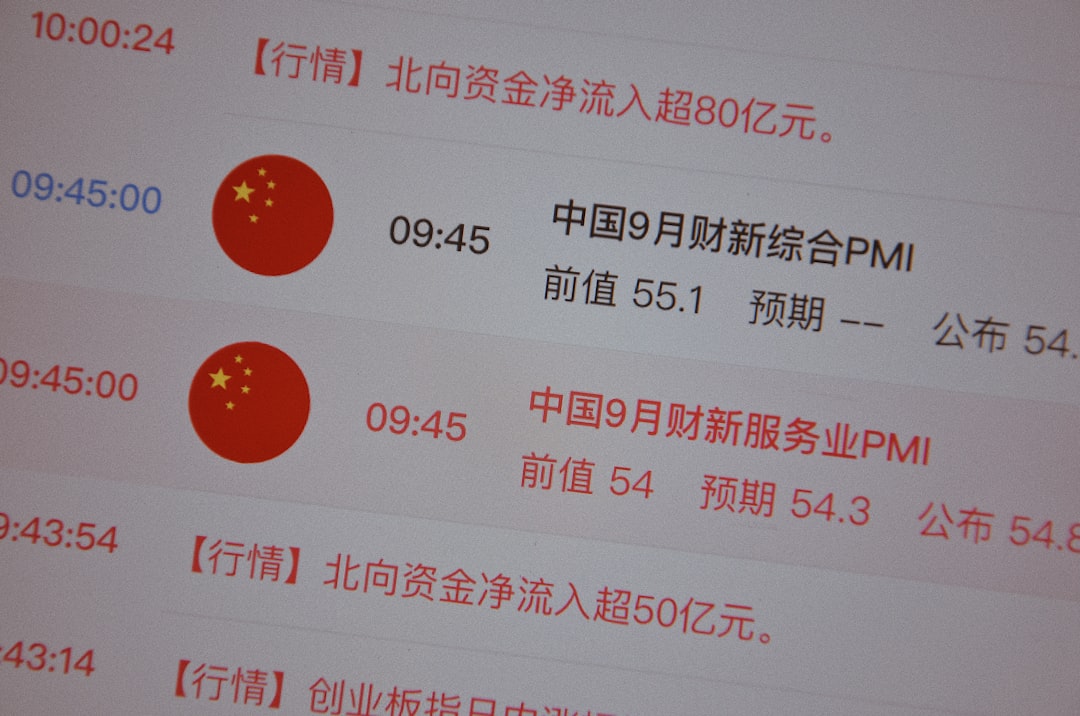Why China Does Not Allow the USE of VPNS.
In the digital age, the ability to access global information and communicate freely across borders is often taken for granted. However, in certain countries such as China, internet usage is meticulously regulated. One of the most prominent restrictions is the nation’s strong opposition to Virtual Private Networks, commonly known as VPNs. These tools allow users to bypass geographical restrictions and censorship by masking their internet activity. Despite their widespread use globally, VPNs are either outlawed or heavily restricted in China. The question that arises is: why does China not allow the use of VPNs?
The Purpose of the Great Firewall
Table of Contents
To understand China’s stance on VPNs, it’s essential to first grasp the concept of the “Great Firewall.” This term refers to the sophisticated system of internet censorship and surveillance employed by the Chinese government. Its primary goal is to control the flow of information deemed sensitive or potentially destabilizing.
Foreign news websites, social media platforms like Facebook, Twitter, and Instagram, as well as search engines such as Google, are commonly blocked. Bypassing these restrictions typically requires a VPN, which explains why the Chinese government has taken strong steps to restrict their use.

Reasons Behind the VPN Ban
There are several reasons why China does not permit unrestricted access to VPNs:
1. Control Over Information
One of the main reasons is the government’s desire to control the narrative. Internet content that criticizes government policies, promotes dissent, or offers alternative viewpoints can pose a threat to political stability. VPNs present a loophole that could undermine this control, providing citizens with access to politically sensitive material that the state has chosen to restrict.
2. National Security
Government officials argue that VPNs can be used for illicit purposes, such as coordinating unlawful protests or engaging in cyber crime. By restricting VPN access, the government aims to reduce the risk of these actions and ensure national security. Authorities believe that surveillance and regulated internet access are essential for maintaining law and order.
3. Economic Competition and National Interests
China has developed its own internet ecosystem, with domestic equivalents for nearly every major Western platform. Baidu replaces Google, WeChat substitutes for Facebook and WhatsApp, and Youku takes the role of YouTube. Allowing VPN usage threatens these domestic giants by giving users access to external competitors. Restricting VPNs thus ensures that traffic stays within Chinese platforms, boosting the local economy and preserving intellectual sovereignty.
4. Enforcing Internet Sovereignty
China promotes the concept of “cyberspace sovereignty,” the idea that governments should have the right to regulate and govern their own national internet. VPNs, in effect, act as a bridge out of that sovereign space, which contradicts this ideology. From the government’s point of view, curbing VPN usage is in line with upholding its authority over domestic cyberspace.
How China Enforces VPN Restrictions
China uses a variety of technical and legal measures to restrict VPN usage. It is important to note that VPNs are not outright illegal in every case, but only government-approved VPN services are allowed—primarily those that comply with the country’s tight surveillance requirements.
- Blocking unapproved VPN services: The Great Firewall detects and blocks the traffic patterns of known VPN protocols. Many foreign VPN services are regularly targeted and rendered unusable.
- Licensing of VPN providers: Only companies that receive permission from the government can legally operate VPN services. These providers may be required to keep logs and share user information upon request.
- Targeting developers and sellers: Individuals found developing or selling unauthorized VPN software have faced legal prosecution, fines, and even imprisonment.

Impact on Citizens and Businesses
While the restriction of VPNs aligns with the government’s goals, it poses numerous challenges for both individuals and international businesses operating in China.
For Citizens
Regular internet users miss out on access to international news, global social media, and websites for education and entertainment that many people elsewhere in the world take for granted. While some tech-savvy individuals still manage to access VPN services, the legal risks and instability of those connections make this difficult and dangerous.
For Businesses
Foreign businesses rely on VPNs to access essential services and tools that are blocked in China, such as Gmail, Slack, and Google Drive. The VPN restrictions complicate these operations, potentially hindering productivity and communication. Although special licenses can sometimes be obtained, the process remains complex and subject to governmental oversight.
VPNs and the Future of the Internet in China
China is constantly improving its surveillance and censorship techniques. It uses Artificial Intelligence (AI) and machine learning to detect unauthorized VPN connections and eliminate them in real time. The state’s direction suggests that it intends to double down on control rather than loosen it.
At the same time, growing encryption technologies and privacy-focused tools present an ongoing cat-and-mouse game between the authorities and tech-savvy citizens. The future of VPNs in China, thus, remains uncertain but certainly contested.
FAQs About VPN Use in China
-
Q: Are VPNs completely illegal in China?
A: Not entirely. VPNs are only legal if they are approved by the government. Unauthorized VPN usage, however, is considered illegal and can result in penalties. -
Q: Can foreigners use VPNs while visiting China?
A: Technically, even foreigners are subject to Chinese law while in the country. While many tourists and expatriates manage to use VPNs, they do so at their own risk. -
Q: How does the Chinese government detect VPN usage?
A: Through deep packet inspection and AI-driven monitoring systems. These tools analyze data patterns that are consistent with VPN traffic. -
Q: Are there any exceptions for businesses?
A: Yes, international companies can apply for licensed VPN services for internal use, but their activities are still monitored and must comply with government standards. -
Q: What happens if someone is caught using an illegal VPN?
A: Consequences can range from fines and warnings to imprisonment, especially for those caught selling or distributing VPN software without approval.
In conclusion, China’s restrictions on VPN usage stem from a broader policy of information control, national security, and digital sovereignty. While these policies are controversial and often challenged, they remain a key pillar of the country’s approach to governance in the digital era.







